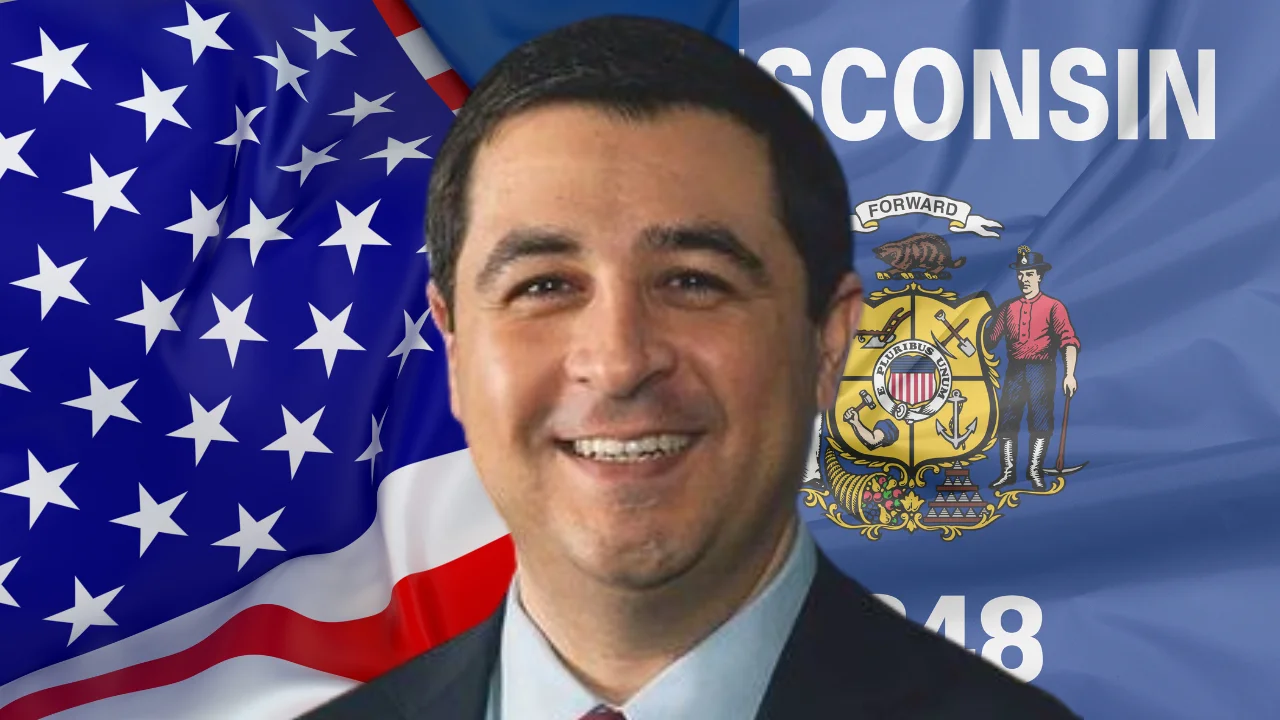Attorney General Josh Kaul | Attorney General Josh Kaul Office
Attorney General Josh Kaul | Attorney General Josh Kaul Office
Wisconsin Attorney General Josh Kaul, along with 13 other attorneys general, has issued a statement in response to a preliminary injunction granted by a federal judge against President Trump's executive order terminating birthright citizenship. The statement emphasizes that the President cannot alter the Constitution unilaterally.
"President Trump may believe that he is above the law, but today’s preliminary injunction sends a clear message: He is not a king, and he cannot rewrite the Constitution with the stroke of a pen," stated Kaul and his colleagues.
The executive order, signed on January 20, 2025, aimed to end birthright citizenship—a move deemed unconstitutional by the coalition due to its conflict with the Fourteenth Amendment and Section 1401 of the Immigration and Nationality Act. The coalition swiftly filed a lawsuit in Massachusetts District Court seeking to invalidate this order. Judge Leo Sorokin granted their request for immediate relief.
The coalition's statement further elaborates on their stance: "We immediately stood up for our Constitution, for the rule of law, and for American children across the country who would have been deprived of their constitutional rights – and today we delivered for them."
Birthright citizenship has historical roots extending back before the Civil War. Although initially denied by the Dred Scott decision, it was later secured through the Fourteenth Amendment post-Civil War. The U.S. Supreme Court has repeatedly upheld that citizenship is independent of parents' immigration status.
If implemented, Trump's executive order would strip many newborns in Wisconsin—and across America—of their citizenship rights. This would deny them access to federal services such as Social Security numbers and passports while also affecting their eligibility for programs like Medicaid and foster care assistance.
Additionally, states could face significant operational burdens due to changes required in administering benefits programs linked to citizenship status. The attorneys general argue these costs should not be imposed during ongoing legal proceedings since they contradict constitutional provisions.
Joining Wisconsin in this legal action are New Jersey, California, Massachusetts, Delaware, Colorado, Connecticut, Hawaii, Maine, Maryland, Michigan, Nevada, New York Vermont—and San Francisco City.






 Alerts Sign-up
Alerts Sign-up